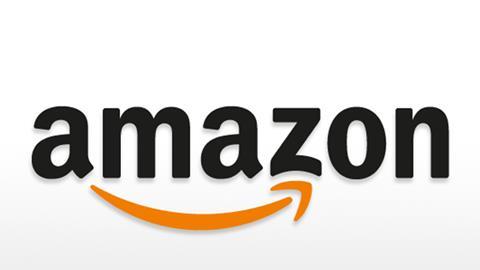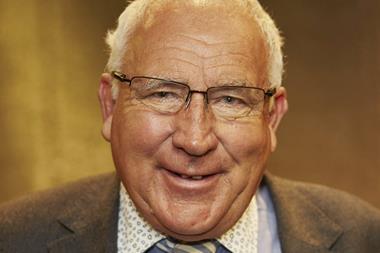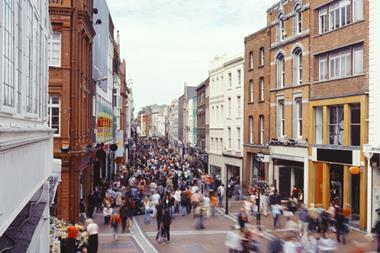Whispers from Whitehall suggest chancellor Philip Hammond has moved his forthcoming budget from its traditional Wednesday slot to a Monday to avoid it falling on Halloween.
But if bricks and mortar retailers get their way, the budget, which has been fast-forwarded to 29 October because of Brexit, could still prove to be a horror show as far as online companies such as Amazon are concerned.
At the weekend Tesco CEO Dave Lewis, who has been warning for years about the “lethal cocktail” of business rates, increased costs and the shift to online, broke ranks with the likes of the BRC to throw his weight firmly behind plans for a so-called Amazon tax.
Lewis told the Mail on Sunday he wants a 2% tax slapped on all goods sold online, which the Tesco boss reckons will recoup £1.25bn, to be ploughed into reducing tax for high street retailers.
Albeit a long-standing campaigner on business rates, Lewis’ call goes much further than his previous stance.
Read more: Retailers call on chancellor to freeze business rates
Until recently Tesco sources had been adamant their leader wanted a fairer system, but had stopped short of publicly calling for an online tax.
It’s possible of course that Lewis may have more than the perilous state of the high street in mind when he looks at the impact of Amazon.
With Tesco’s latest sales showing a nearly 5% fall in general merchandise, which has seen it forced to slash its GM range by 15% this year alone, it has seen areas such as electrical, media and entertainment disappear to the online platforms.
But Tesco is not the only one demanding fiscal measures. The Daily Telegraph yesterday (8 October) reported a raft of restaurant and pub chains, including the likes of Pizza Express, Wagamama and Slug & Lettuce owner Stonegate, had written to Hammond calling for a levy on tech giants such as Google and Facebook, which again would be used to freeze taxes for hard-pressed traditional retailers.
The chancellor himself has hinted several times that the UK government may push ahead with a digital service tax – an Amazon tax, or perhaps a Hammond tax, aimed at levelling the playing field with online companies.
Whilst there are ongoing talks at EU level about changing the international tax rules to ensure big online platforms pay a greater share of tax, there has been little progress. Many believe the UK cannot afford to wait any longer to address the unfair burden of rates, especially if the government wants to stem the frightening run of shop closures.
Opinion: Why Gen Z could be the unexpected saviours of the high street
At least Lewis has come up with a formula, albeit lacking much detail. Industry bodies like the BRC have been talking for years about business rates without coming up with a convincing suggestion as to what should be in their place.
But whether an online tax is the right vehicle to tackle this “lethal cocktail”, without having its own poisonous aftertaste, is another matter.
Even in today’s unpredictable political world, it goes against the grain for retailers to be urging government bean counters to bring in a new layer of taxation.
As business rates have proved, once a system is in place filling those Treasury coffers it’s not easy to displace, even when disparities arise.
And who’s to say the food and drink industry will not still end up carrying more than its fair share of the burden if taxation is aimed at online sales, as they become an ever more important part of the mix?
And, perhaps, there’s the biggest question of all: will an online sales tax actually cause more shoppers to visit the high street?




















No comments yet